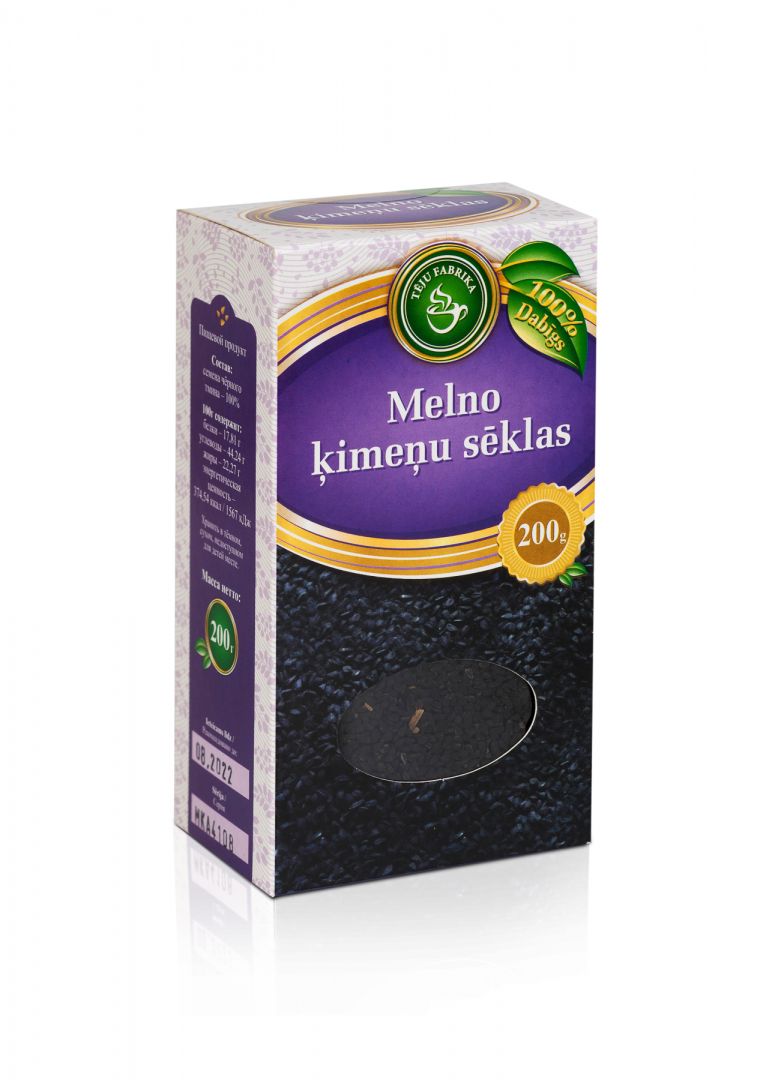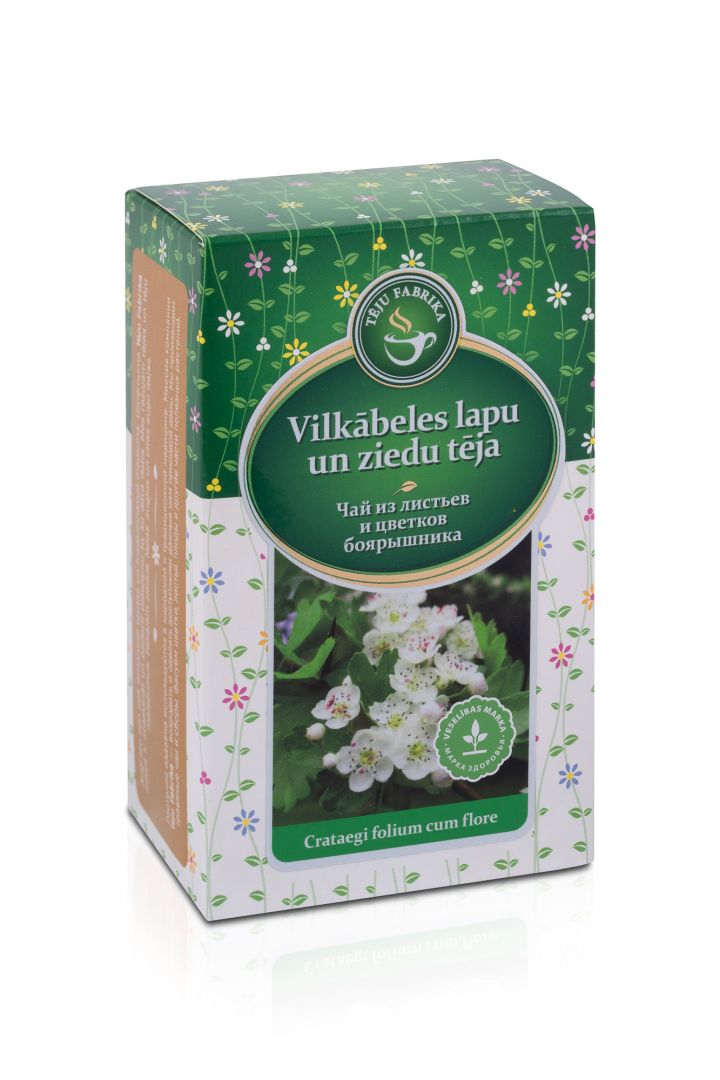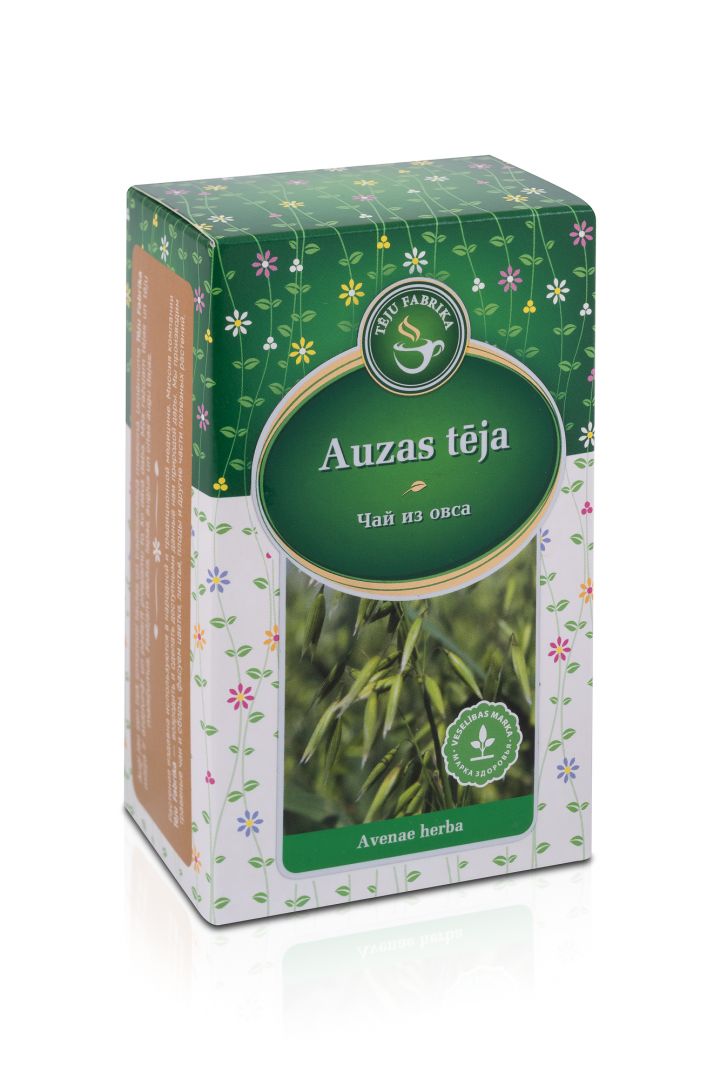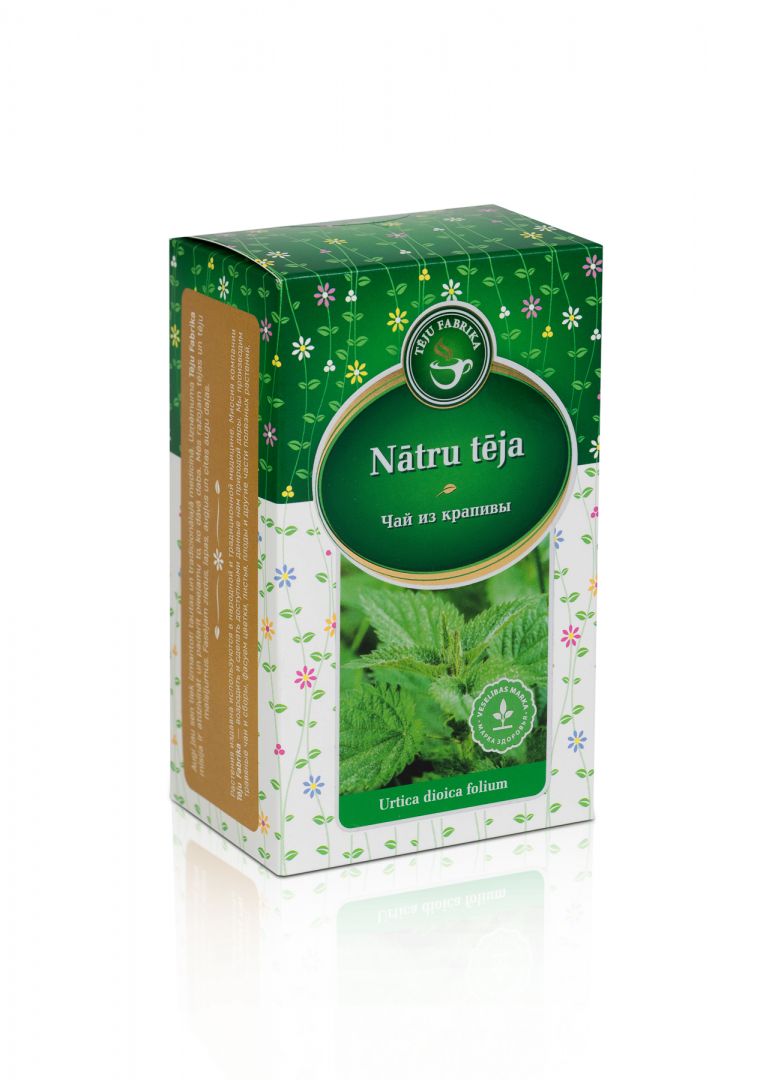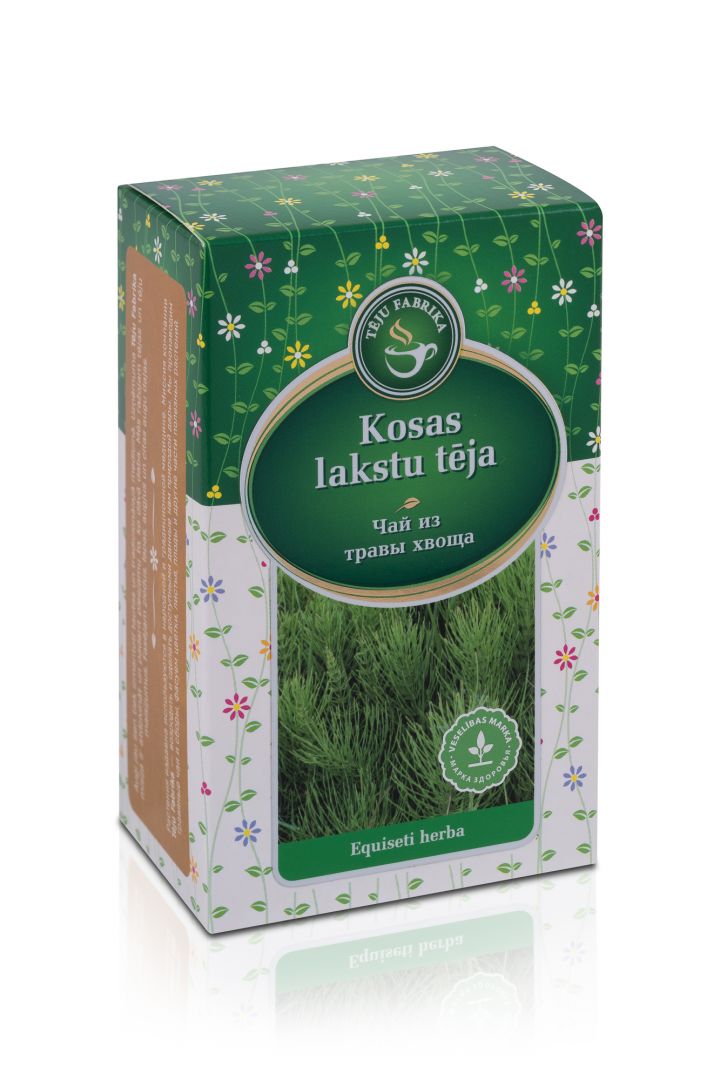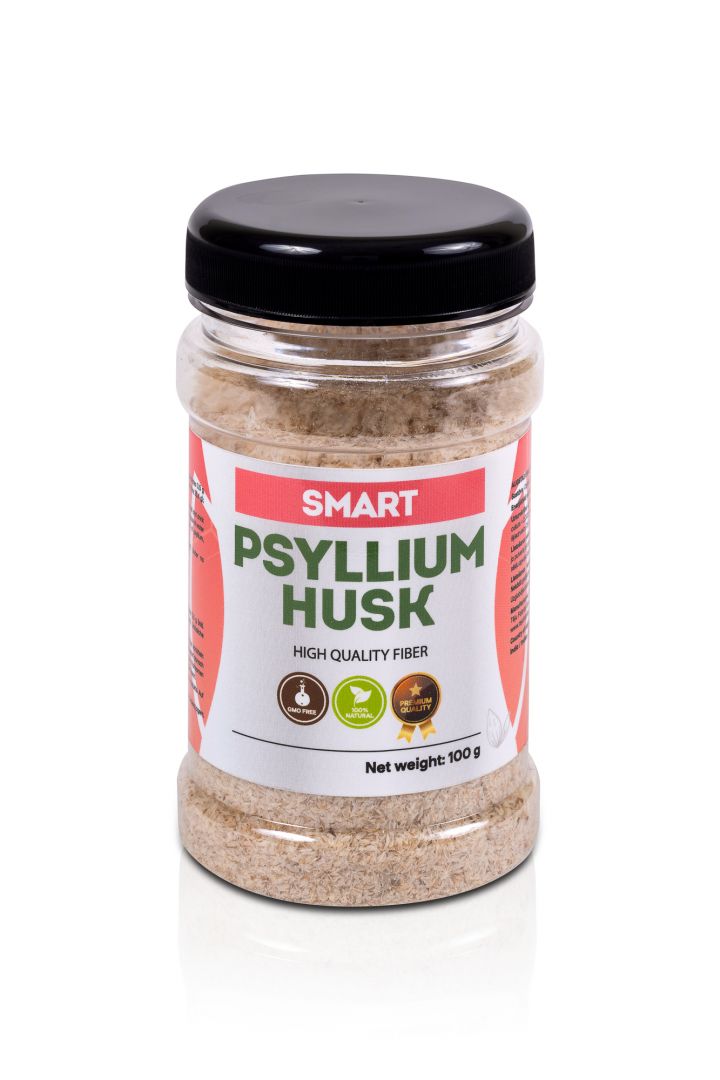Black cumin seeds 200 g
-
€3.50
Tea recipe: seeds - 2 teaspoons of seeds, boiled water - 0.5 liters. Boil the mixture in a water bath for 10 minutes, strain, cool. Take 100 ml about 1 hour before meals 3 times a day. Black seeds are also known as black caraway, black cumin, kalonji, and black onion seeds. There are several varieties of caraway seeds, but the seeds of black cumin are distinguished by their excellent taste and medicinal properties, due to which they are used in medicine and in cooking. Black seed oil may be beneficial for people with the following skin conditions: Eczema: According to a small-scale 2013 study comparing the therapeutic benefits of N. sativa with those of prescription medications, black seed oil can reduce the severity of hand eczema. Acne: Research suggests that the antimicrobial and anti-inflammatory effects of black seed oil can improve acne. In one study, 58 percent of participants rated their response to this treatment as good, while 35 percent felt their results were moderate. Psoriasis: A 2012 study on mice suggests that the oil may also have antipsoriatic benefits. Black seed oil may also hydrate hair, soften skin, and act as a moisturizer, although there is a lack of scientific evidence to confirm these benefits. Recent studies have shown that the thymoquinone in black seed oil can influence programmed cell death, or apoptosis, in several types of cancer cell. These include brain cancer, leukemia, and breast cancer cells. According to an article in the Journal of Endocrinology & Metabolism, black seed oil may have antidiabetic properties and improve blood sugar levels. Do not use the product in case of individual intolerance.

